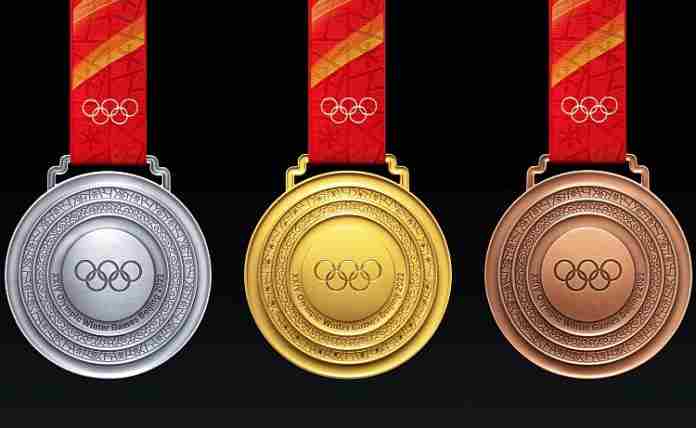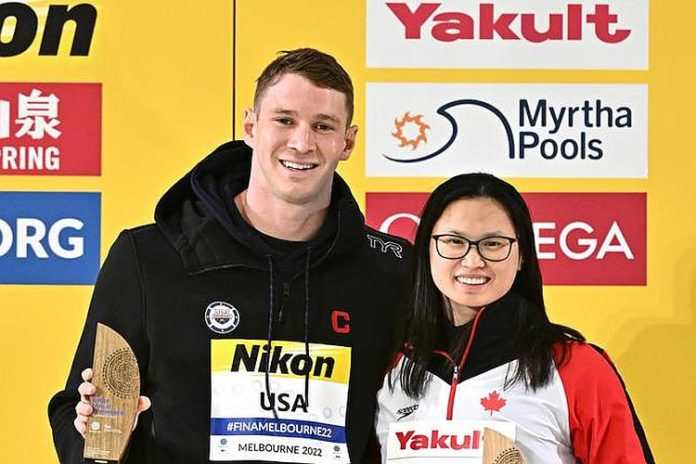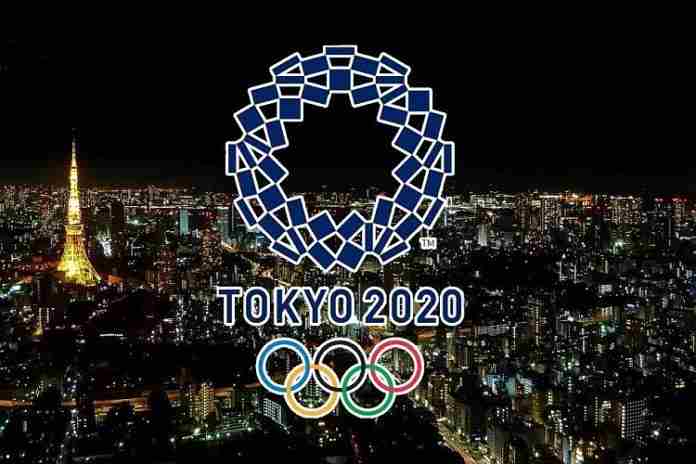★ The Sports Examiner: Chronicling the key competitive, economic and political forces shaping elite sport and the Olympic Movement.★
★ Enjoying our coverage? If so, please consider a donation to help cover technical costs for 2023. Thank you for your support. ★
★ To get The Sports Examiner by e-mail: sign up here! ★
“Natalya Antyukh’s victory in the women’s 400-metre hurdles at the London 2012 Olympic Games has now been officially disqualified.”
That’s the start of a Wednesday news release from the Athletics Integrity Unit, announcing a new sanction by the Russian Anti-Doping Agency on 21 October that expands the nullification of her results from 31 December 2015 now back to 12 July 2012 and wipes out her Olympic victory on 8 August in London:
“That sanction by the Russian Anti-Doping Agency (RUSADA) stemmed from AIU charges based on historical data, showing evidence of doping in Russian athletics, from the Laboratory Information Management System (LIMS) at the former Moscow Laboratory.”
Antyukh, now 41 and who has not competed since 2016, is in the midst of a four-year ban that began in April 2021, and did not appeal the sanction. So, the AIU has now certified her London disqualification; the statement included, “The IOC may now proceed with the reallocation of medals and the update of the IOC database.”
So the London 2012 women’s 400 m hurdles results are now:
1. Lashinda Demus (USA), 52.77
2. Zuzana Hejnova (CZE), 53.38
3. Kaliese Spencer (JAM), 53.66
4. Georganne Moline (USA), 53.92
5. T’erea Brown (USA), 55.07
6. Denisa Rosolova (CZE), 55.27
7. Muizat Odumosu (NGR), 55.31
DQ: Natalya Antyukh (RUS), 52.70
So now, Demus, 39, who was also the 2011 World Champion in the event, is in line to receive the London gold.
But then there is this, from 1996 superstar – and triple gold medalist – Michael Johnson, on Twitter:
“This is both the right thing and incredibly upsetting. I received my [gold medal] in front [of] my family and the world, reaped the financial benefits with endorsements, and lived life as an Olympic Champion from that moment. Lashinda Demus was robbed of that. I couldn’t imagine!”
Assuming the International Olympic Committee re-allocates the medals in the event as can be expected, Demus stands with the nine U.S. figure skaters who competed in the Beijing 2022 Team Event and are still in limbo, waiting for their medals to be awarded.
They won silver on the ice, but then came the news that Russian skater Kamila Valieva – who won the women’s Short Program and Free Skate – had tested positive on 25 December 2021 with the results only becoming available after the Team Event had concluded. The tumult over that situation has still not cleared and is now in front of the Court of Arbitration for Sport in an action brought by the World Anti-Doping Agency after RUSADA had taken months to complete its inquiry and then did nothing with it.
The U.S. team is at least entitled to the silver medals, and Japan to the bronze, with Canada fourth and possibly to ascend to a medal position if Russia ends up being disqualified.
So with the calendar turning to 2023, what now? How will both the skaters and Demus get their medals?
During the Beijing Games, U.S. Figure Skating Executive Director Ramsey Baker told The Associated Press:
“Having a medal ceremony at an Olympic Games is not something that can be replicated anywhere else, and they should be celebrated in front of the world before leaving Beijing.”
Well, the IOC actually has a pretty interesting process for this, which includes:
“The following six options are proposed to each athlete who can then choose their preference:
“1. The next Olympic Games (for reallocations from PyeongChang 2018 onwards).
“2. The Youth Olympic Games.
“3. The IOC headquarters or Olympic Museum.
“4. At a National Olympic Committee function.
“5. At an International Federation event or function.
“6. To have a private ceremony.
“Once their decision is confirmed, the IOC works with the National Olympic Committees of each athlete with the aim of completing the ceremony within 12 months, unless the athlete chooses to have the reallocation at the next Olympic Games.”
The current rules only allow Winter Games medals to be presented at a succeeding Winter Games, but a waiver should be granted to allow a different outcome:
Paris.
To give the skaters their medals in an appropriate setting, why not award them on the first day of competition at the Paris Games, perhaps at the 15,000-seat Accor Arena in Bercy during the men’s or women’s gymnastics team qualification competitions?
For Demus, why not during the first day of competition in track & field, a notoriously thin session for finals (and awards) anyway?
This would bring the athletes full-circle, receiving their medals during an Olympic Games and at an Olympic stadium – with fans, unlike in Beijing – and with worldwide television coverage, just as they would have had during the original medal ceremony.
And for the delay, the reward is a trip to the Paris Games in 2024.
It’s not that far away, and the publicity will be as close as could be arranged to the original setting.
For Demus, it will not be London in 2012 and for the skaters – whatever the color of their medals – it won’t be Beijing. But the IOC can grant all 10 of these American athletes, plus the rest of the medal-winners in the skating Team Event, the memory of a lifetime:
Rich Perelman
Editor
You can receive our exclusive TSX Report by e-mail by clicking here. You can also refer a friend by clicking here, and can donate here to keep this site going.
For our updated, 951-event International Sports Calendar for 2022-23 and beyond, by date and by sport, click here!


























